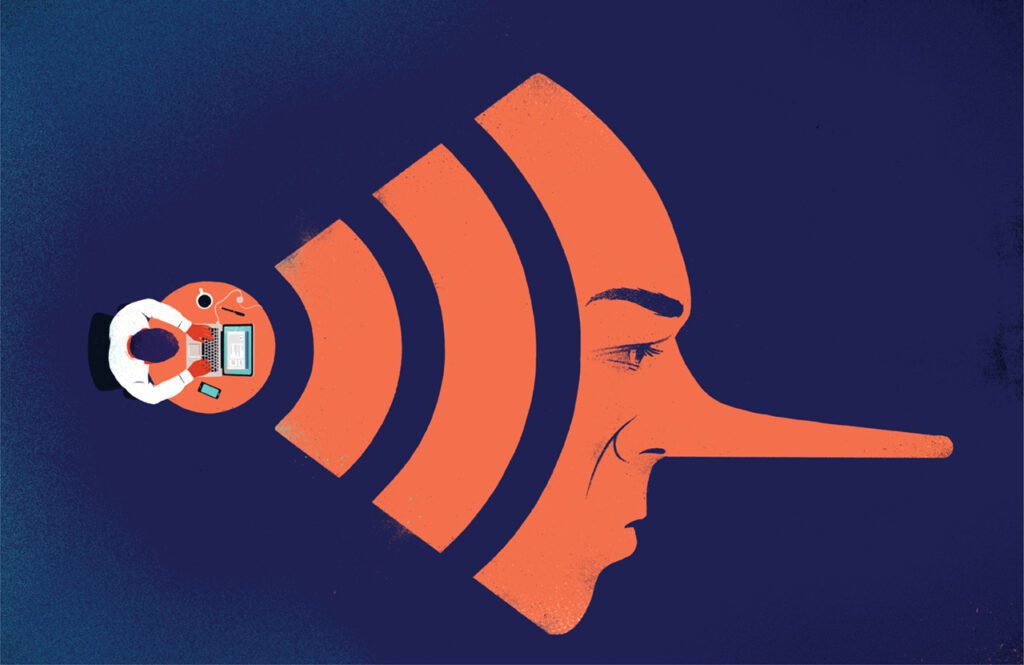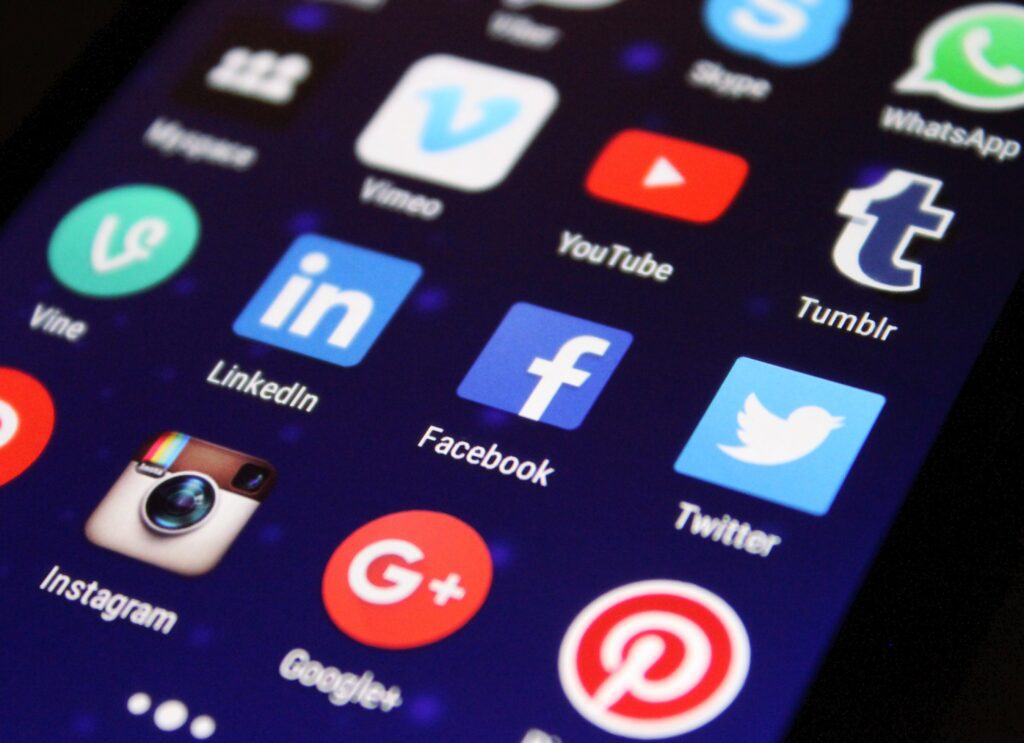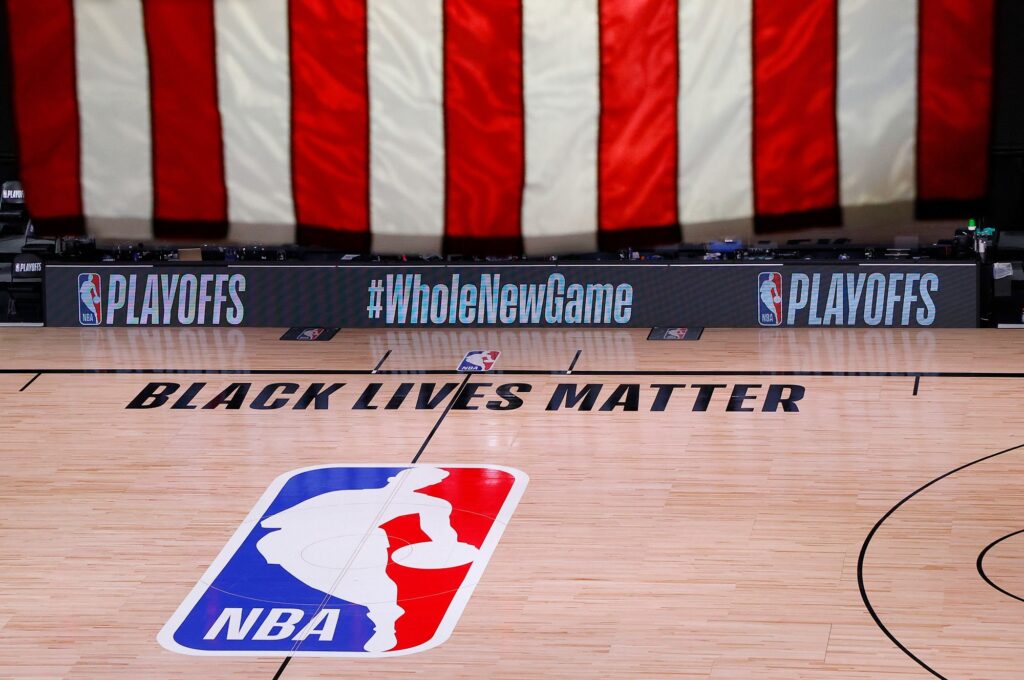Misinformation
Misinformation is one of the biggest battles in today’s media news world. It has been a late trend in the last decade, and some might say it has divided the U.S. Misinformation has also affected people who work in the Public relations world. AI has also made it more difficult for people in PR to fight erroneous information by encouraging media literacy, guaranteeing openness, and offering fact-based information. However, there are ways to naviagate the new age of misinformation.

Photo Courtesy Science
Navagating Through Misinformation
In a time of disinformation, PR practitioners can use their communication abilities, media contacts, and strategic messaging to defend reputations and promote truth. Proactively disseminating accurate, open, and timely information helps them to influence stories before lies take hold. Monitoring digital platforms for developing disinformation lets them react quickly and fix errors. According to Nachshen (2023), “ As PR counselors, we can also help our organizations put systems and processes in place to monitor and detect misinformation, whether from AI or other sources. At the same time, organizations need to have a process to quickly validate information, because not every unflattering video will be a deepfake ( p.1).”
Supporting consistent messaging and matching corporate behavior with declared principles also helps to foster confidence significantly. Teaching media literacy and ethical communication to clients and stakeholders helps to strengthen integrity even further. By doing this, PR experts become vital defenders of credibility in today’s complicated information environment. According to Nachshen (2023), ” We can also use our communications expertise to advise organizational leaders on how and when to respond to misinformation. We can pre-identify spokespeople and content distribution channels and help ensure the organizations we serve have plans in place to share timely and accurate information — assuming that it’s appropriate to do so (p.1).”

Photo Courtesy Stimson Center
The Negative Effects of Misinformation and Disinformation
Misinformation and disinformation weaken public trust and distort reality by disseminating inaccurate or misleading information that confuses audiences and reduces faith in reliable sources. Misformation—false information supplied without malicious intent—and disinformation—deliberately misleading information meant to deceive—cause communication difficulties for companies. The Commission on Information Disorder Final Report (2021, as cited in PRSA, 2021) Lying and distorting facts to sow mistrust has become a tactic of mainstream political and issue campaigns, it says. “Compounding the problem is the media’s continued repetition, amplification and rewarding of those who lie” by giving them high-profile coverage instead of providing the public with facts and holding liars to account ( The Aspen Institute). This trend is often seen a lot on FOX News, CNN, and MSNBC daily.
The rapid proliferation of such lies can drive companies into reactive crisis management, robbing resources from their main goal of harm control. The remaining effect of incorrect information can cause doubt among those who could doubt the company’s legitimacy, even after it has been fixed. PR professionals need to work together to prevent this from happening.
Sources
https://podcasts.apple.com/fi/podcast/the-rise-of-misinformation-and-what-it-means/id964108086?i=1000631924757
https://podcasts.apple.com/fi/podcast/truth-trust-trickery/id964108086?i=1000643704553
https://www.prsa.org/article/how-pr-pros-can-help-counter-ai-s-misinformation



